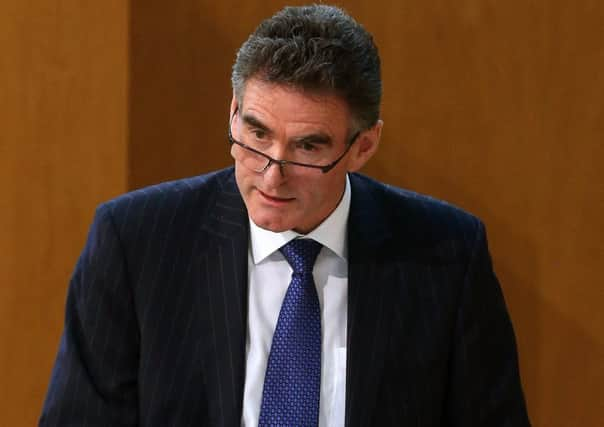RBS boss has '˜plenty of questions to answer' on branch closures


Deidre Brock, who sits on the Scottish Affairs Committee, said Mr McEwan and fellow executives will be expected to provide new detail on plans to give a reprieve to ten branches out of 62 slated for closure across Scotland.
The decision to save ten branches was made amid recriminations between MPs from different parties, with critics accusing the SNP’s Westminster leader Ian Blackford of hijacking the committee’s efforts to broker a solution.
Advertisement
Hide AdAdvertisement
Hide Ad“We need details on the branches that have been saved from the axe after a hard campaign by local communities and the SNP,” Ms Brock said.
“Those branches are still under threat and we need to know what basis they are being judged on - what will give these communities the peace of mind that they will still have a bank.
“We also need to find out why the chance to save branches is limited to just ten locations.”
Meanwhile, disability and rural campaigners have written to a watchdog questioning if RBS closure plans breach equalities legislation.
Scottish Rural Action and Disability Equality Scotland have joined Scottish Government minister Jeane Freeman to seek clarity on the legal status of the bank’s plans.
They have written to the Equality and Human Rights Commission to ask if the proposals would be in breach of the Equalities Act 2010.
Morven Brooks, Disability Equality Scotland chief executive, highlighted the organisation’s poll which found that 81 per cent of respondents said mobile banking was not suitable nor them.
She said: “Our members had very genuine concerns over the impact these proposed closures will have on disabled people - specifically the introduction of inaccessible and inconvenient mobile banks, which do not provide the service that disabled people are entitled to.”